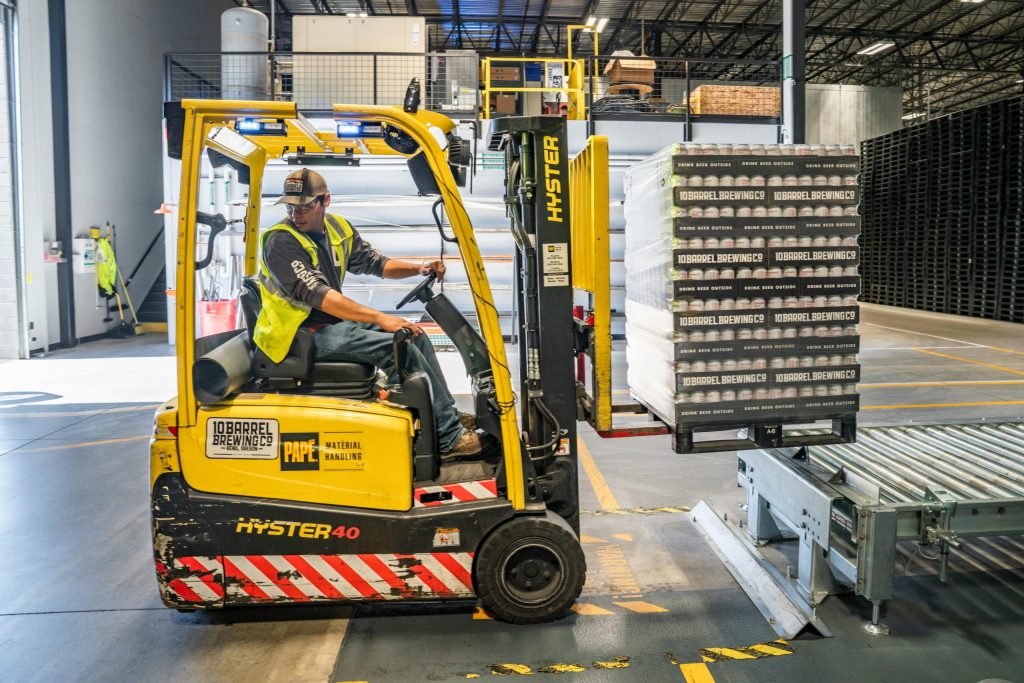As immigration continues to shape the future of Canada’s economy, more rural and remote communities are opening their doors to skilled newcomers through a targeted initiative called the Rural Community Immigration Pilot (RCIP). This unique program is designed to not only address persistent labour shortages in smaller communities but also to help newcomers build fulfilling lives outside of major urban centres.
Launched by Immigration, Refugees and Citizenship Canada (IRCC), the pilot connects eligible skilled workers with job opportunities and pathways to permanent residence (PR) in 14 participating communities across the country. The goal is simple: bring talent to regions that need it most, while creating welcoming, long-term settlement options for immigrants seeking a quieter, more affordable lifestyle.
Why choose the rural community immigration pilot?
The RCIP offers permanent residence to skilled workers who receive a valid job offer from an employer in one of the designated rural communities. Unlike traditional immigration programs that are often centralized around large cities, RCIP gives newcomers a chance to thrive in places where their skills are in high demand and where community connections can be more personal and immediate.
To be eligible, applicants must have at least one year (1,560 hours) of full-time, paid work experience in the last three years that is related to the job they’re applying for. This work experience must match the National Occupation Classification (NOC) TEER category of the job and should include the key responsibilities outlined for that NOC role. Most importantly, the job offer must come from a designated employer approved by the community — each community maintains a list of eligible employers on its website.
But there’s good news for international students: those who graduated from a public post-secondary school in the same community may be exempt from the work experience requirement if their studies meet specific criteria.
For example, graduates who completed a full-time, two-year (or longer) program, or those who earned a master’s degree in two years or less, are eligible — as long as they studied on campus and lived in the community for the required length of time. However, this exemption does not apply to students whose programs were primarily in English or French language instruction, were more than 50 per cent online, or were funded by a scholarship that requires them to return home afterward.
The application process: community recommendation comes first
One of the unique aspects of the RCIP is that it’s community-driven. After securing a job offer from a designated employer, the next step is to apply for a community recommendation. This step is crucial — it’s how the community ensures that the job offer is genuine, that the role falls within a priority sector, and that the applicant meets all program requirements.
The employer typically forwards the community recommendation application to the community’s selection committee for review. Once the recommendation is granted, the applicant can move forward with their application for permanent residence to IRCC.
This two-step process — involving both community endorsement and federal approval — ensures that immigration under the RCIP is both localized and integrated into national standards.
What applicants need to know before applying
To apply successfully through the Rural Community Immigration Pilot, attention to detail is key. Applicants are required to submit a complete set of forms and documents, using IRCC’s official document checklist. Forms must be fully completed, questions answered truthfully, and all necessary signatures provided.
Since each community has different economic needs, job sectors, and designated employers, it’s essential to consult the specific website of the community you’re targeting. Communities often prioritize sectors such as healthcare, manufacturing, agri-food, and skilled trades — occupations where local employers struggle to find workers.
For more details go to Rural Community Immigration Pilots: Who can apply – Canada.ca

